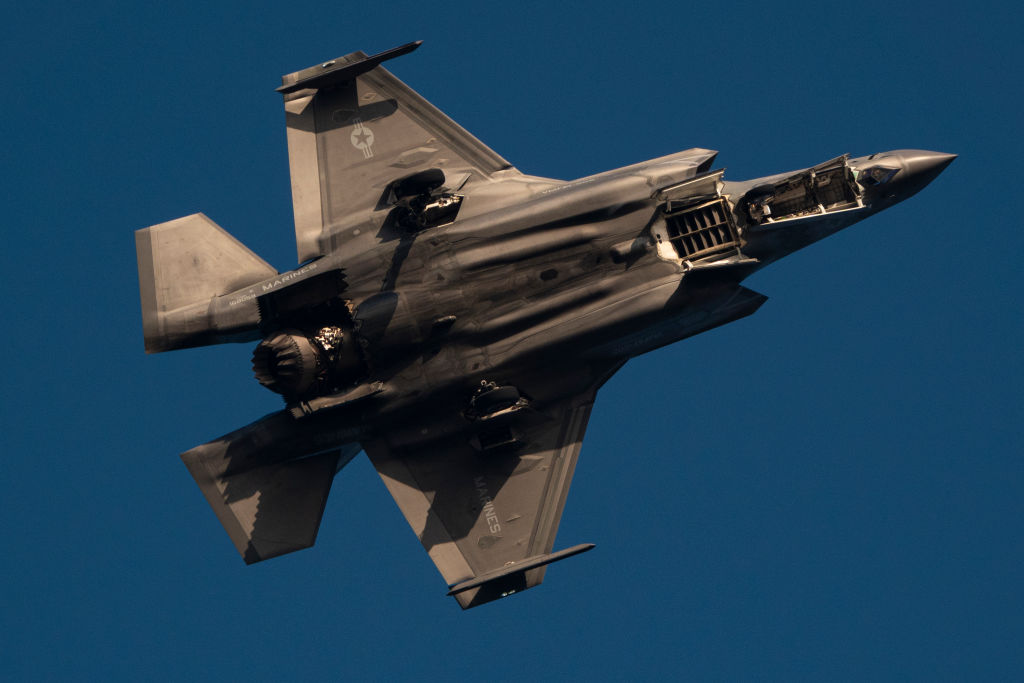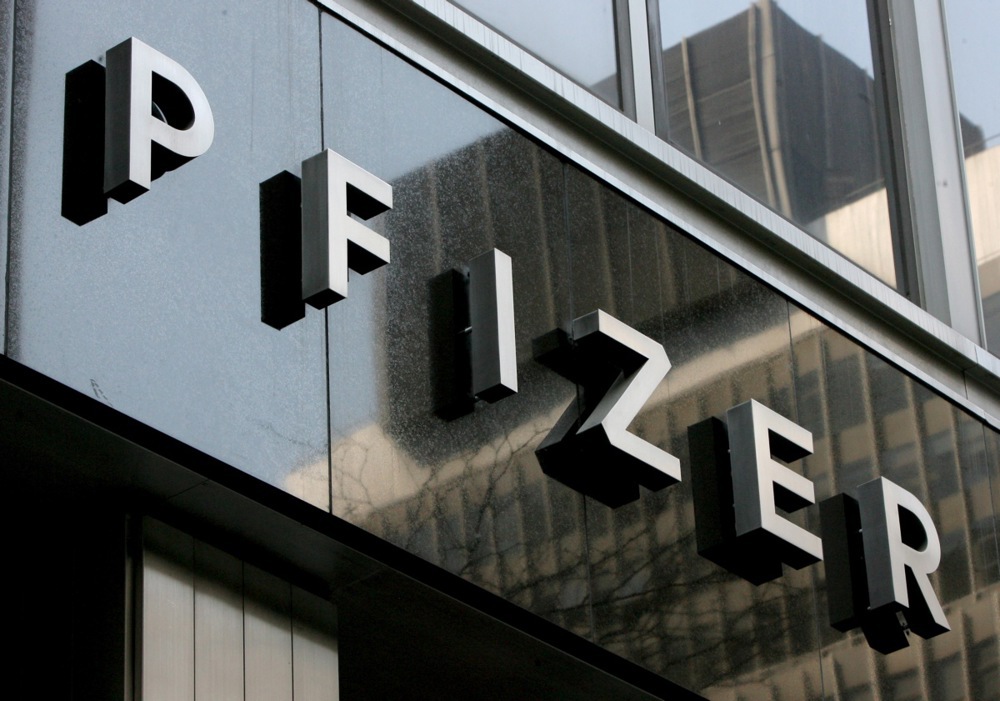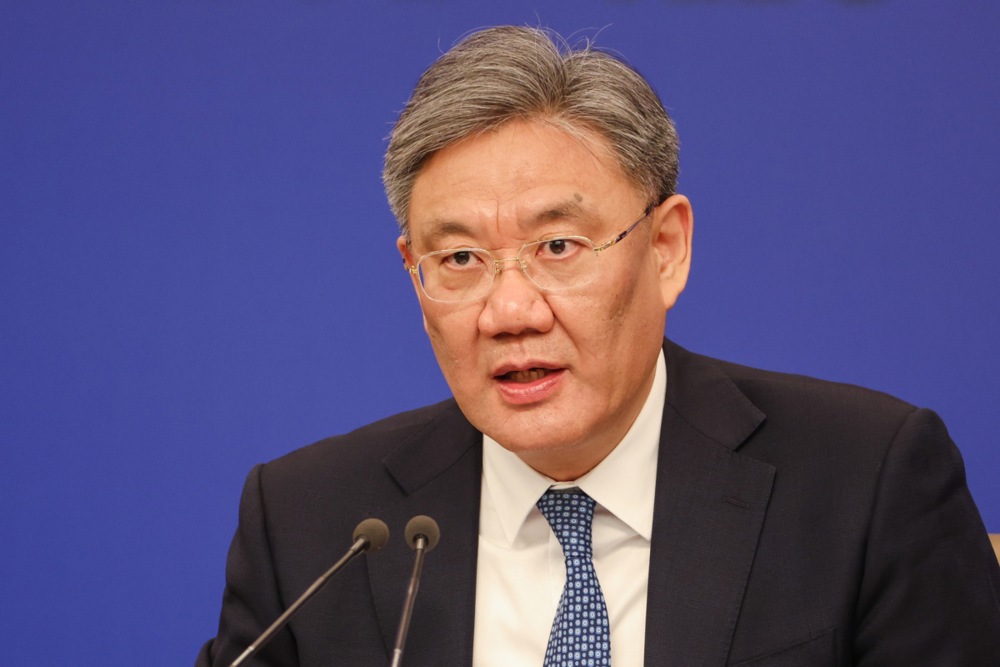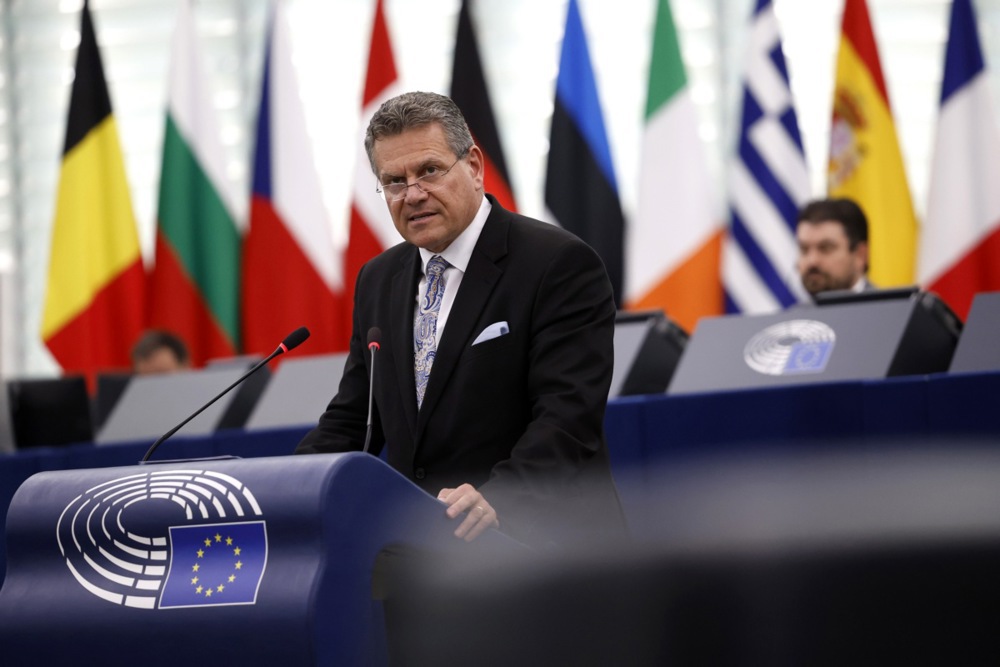The European Commission’s newly proposed budget is so “confusing” that it might get rejected.
Euro MPs and some national capitals say wide-ranging re-writes are required if it is to survive.
The 2028–2034 budget draft was presented July 16 as a “bold” plan, as it increases spending in “key sectors” such as defence. However, reactions have ranged from sceptical to baffled among lawmakers, as well as academics and analysts. No one seems clear on how the money would be spent or who would benefit.
“We don’t know how [the money] will be distributed, or what [the budget] will look like after negotiations”, said Philipp Lausberg, analyst at Brussels-based European Policy Centre.
Details are missing on how the huge sums — up to €2 trillion — will be handed out.
For the moment, neither the Parliament nor national capitals are ready to approve it. Both groups need to if it is to become law.
The EC wants to reduce spending in certain areas, such as agriculture, while merging existing funds and making certain disbursement dependent upon controversial political reform at national level. It also wants to create a new €410 billion fund for boosting competitiveness.
Sophie Barbier, a director at France’s public financial institution Caisse des dépôts, identified implementation as a major blind spot: the EC did not say how the fund would actually work. “There is one blind spot, something that is less tackled than anything else, and it is implementation”, she said.
National governments are worried too. Some are not sure how the new budget would affect their EU income since the draft requires countries to write their own reform-linked spending plans. Others simply do not know what their financial needs will be years from now, which makes committing to this kind of plan difficult.
Justinas Mickus, senior policy analyst at the Lithuanian government’s analysis centre, said that many EU countries are unsure what they want from the budget at all. “The Council [where EU governments are represented] will not be an easy negotiating partner, because member states have uncertainty, and also don’t know what they want in the next three to five years.”
In the European Parliament, lawmakers have raised questions as to whether citizens will feel the benefits of EU spending. Flemming Hansen, a member of the European People’s Party, warned that if the EU increases its budget but fails to show real value to citizens and national governments, it risks losing political and public support. “If we increase the budget, we need to ensure that citizens and national government genuinely feel that they receive something in return. If that is not the case, we risk receiving greater opposition,” he said.
There’s also concern that the new design could put smaller or poorer countries at a disadvantage when trying to access new funds. Mickus pointed out that it’s not just about the size of a country — it’s about whether they have the tools to apply for and manage the money.
Some academics say this all reflects a deeper issue: most people do not understand how the EU budget works or how it is different from national budgets. Former Greek finance minister George Papaconstantinou and longtime EU official Marco Buti published a paper July 14, warning that citizens find it hard to see what the EU budget actually delivers — especially since the budget’s role is often mixed up with national government spending, and its results can feel distant or invisible.
Even the EU plan to give national governments more control over spending is creating friction. Hansen warned that shifting too much power back to capitals could make the EU budget more confusing, not less.
Other parts of that plan are stirring debate. The Commission wants to raise more money directly, instead of going cap-in-hand to member states, via new revenue sources. One idea is a tax on tobacco.
“Who should pay more? … the smokers, the rich? This is going to create a lot of fights and I don’t think we will reach an agreement,” said Ditte Sorensen, from the Danish think tank Europa.
Meanwhile, the proposal to increase EU defence spending has already been rejected by some MEPs.
Tom Vandendriessche, of the hard-right Flemish Vlaams Belang party, said defence is clearly a national matter and the Commission should stay out of it.“Defence is according to the EU treaties, an exclusive competence of the Member States. Vlaams Belang supports voluntary cooperation and coordination between member states. The European Commission does not need a defence budget,” he said.
With both the European Parliament and national governments raising red flags, the budget appears stuck before negotiations have properly begun.





